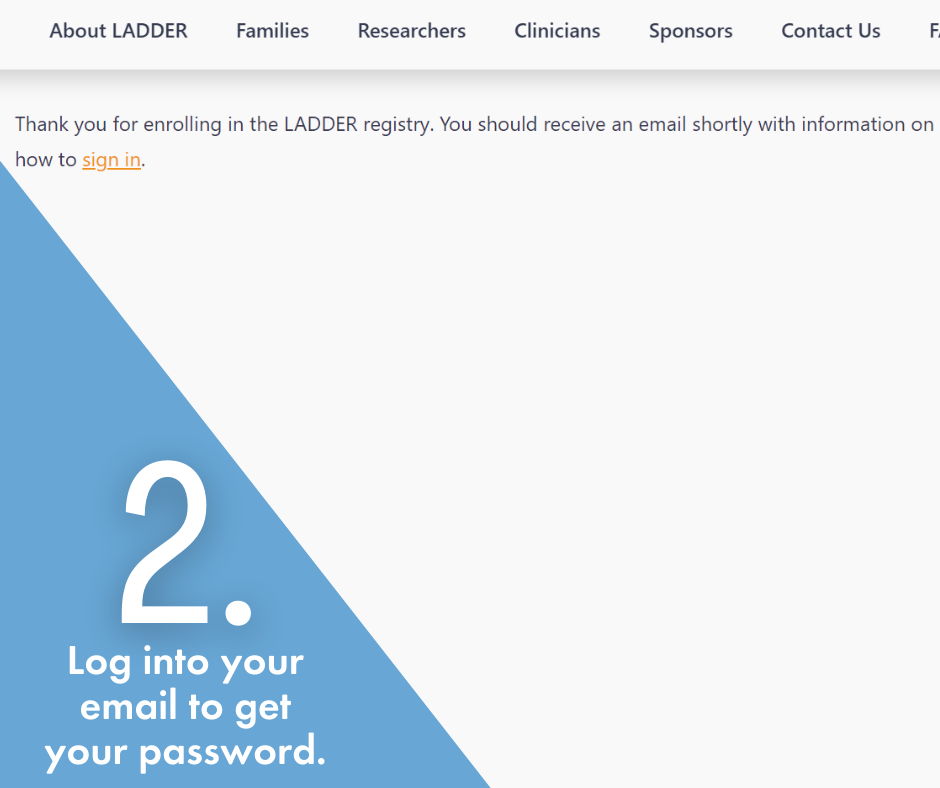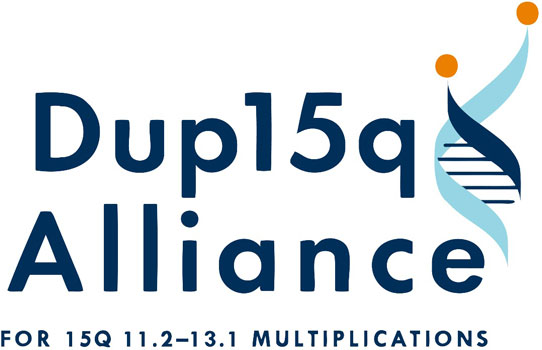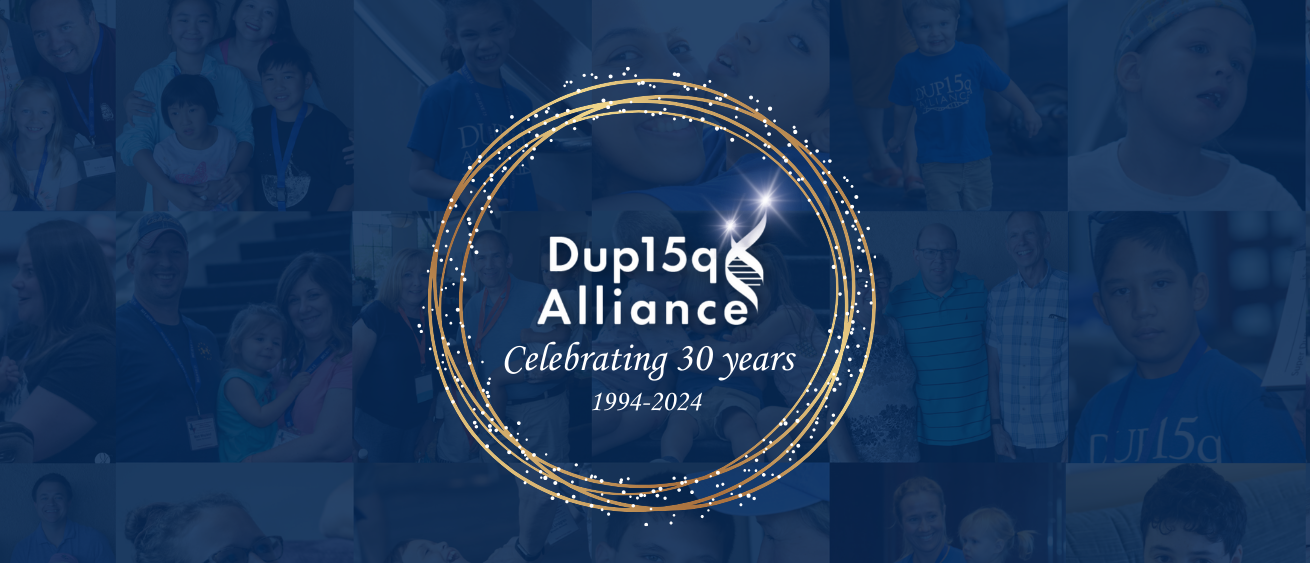LADDER Database

Advancing Research is our best chance of finding new and improved therapeutics for dup15q syndrome.
LADDER was developed by the ASF and Dup15q Alliance, in partnership with RTI International, in response to a critical need for a centralized database to collect and manage the information provided by parents, caregivers, clinicians, and researchers about the natural history and clinical needs of patients with Angelman or Dup15q.
How Does LADDER Advance Research?
Before LADDER, information about an individual with dup15q from research studies, doctor visits, and registries was stored in separate systems. There was no connection or way to link a research participant to their information from a clinic visit.
Gathering the information in one place and connecting it, creates a higher level of understanding of dup15q which increases the potential for future discoveries that will lead to clinical trials and treatments. In addition, we will better understand how development, behavior, and clinical needs change over time.
The LADDER Database will collect information from the real experts, the parents, and caregivers, on the patient experience and quality of life. This can also include symptoms, test results, physical signs, imaging, patient age, genetics, as well as on any other factors relevant to the disease and its development.
This data can be examined:
- to find differences and similarities within our dup15q community based on specific factors.
- to identify current care and medications that are working for specific groups of individuals and uncover others that are not effective in individuals with dup15q.
- to identify ways medical care can be improved in order to educate family physicians and specialists.
- to identify how development, behavior, and clinical needs change as individuals with dup15q age.
- to design clinical trials well suited to the entire dup15q population.
- to uncover research or medical care needs that may have gone unnoticed.
Information obtained from the LADDER Database can also play an important role at every stage of drug development, from drug discovery to the design of clinical studies.
The data in LADDER can be accessed by:
Individuals’ data in LADDER database will be de-identified (meaning there is no way to trace to the data to a specific individual or family) before any access is granted
- Physicians who treat dup15q syndrome
- Researchers who are working to find treatments and a cure
- Pharmaceutical partners who are working on drug development projects
These parties must fill out a request for information that is reviewed and approved by the LADDER Data Access Committee.
How You Can Help:
Family members of individuals with dup15q syndrome are important allies in the road to developing treatments for these conditions and, in many cases, families have already contributed data elsewhere. LADDER Learning Network and LADDER Database maximizes those contributions by combining those data into a centralized platform, which streamlines research efforts focused on answering important questions about dup15q.
Not sure if you already had an account from the past Dup15q International Medical Registry? Email us at 15qnetworkcoordinator@dup15q.org to check for you!
Creating an account in our LADDER Database is as easy as 1-2-3
1. Create an account with your name and email.
2. Log into your email to get your password.
3. Sign into your account with your assigned password.
Once you are signed up, you can receive emails from LADDER on research opportunities, Surveys, and Clinical Trials.



You can log into your account at any time to complete the consent and enrollment survey. The survey will ask for some basic information about you and your family members, such as age, gender and takes less than 10 minutes.
What’s next? How do I upload my child’s information into LADDER?
- LADDER will contact you about research opportunities and data collection.
- Each year around the individual’s birthday you will be contacted to a complete clinical needs questionnaire.
- If a visit is scheduled with a 15q Network Clinic, you will be asked to complete additional LADDER forms about the individual’s experience with Angelman or Dup15q, including questions on topics such as health, sleep, eating, and behaviors for your clinic visit.
- We will ask other research studies and registries in which the individual with Dup15q has participated to share the information you provided to them with LADDER.
Learn More: htps://laddertotreatment.org/for-families/
LADDER will link the information that you have entered in LADDER to the information that LADDER obtains from the other research studies, registries, and clinics. Click here to see some general information about LADDER participants.

Data Privacy
In order to access any information, interested parties must fill out a request for information that is reviewed and approved by the LADDER Data Access Committee. In some cases, IRB/ethical board approval and/or a signed data use agreement will be required prior to the release of any data. Personal information is not shared.

